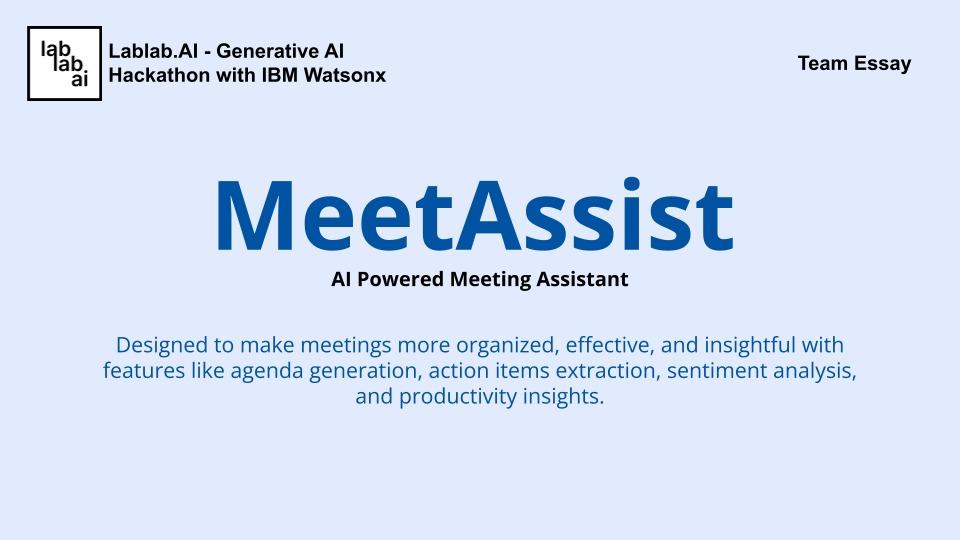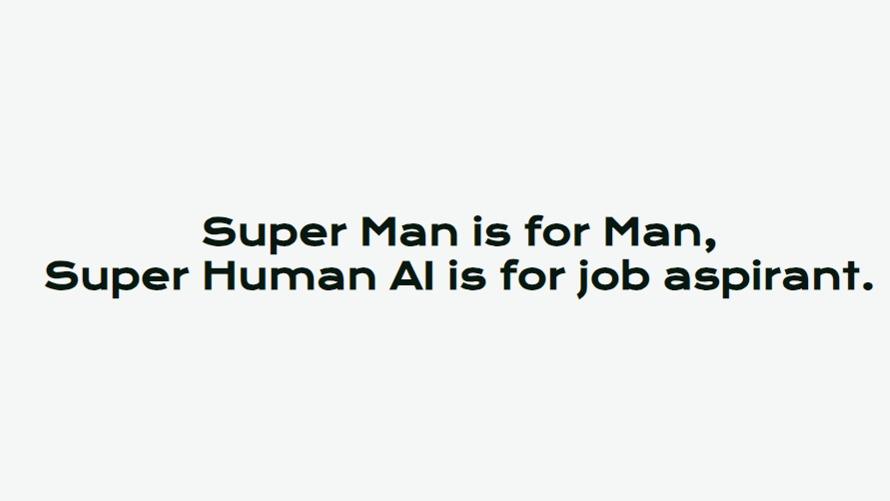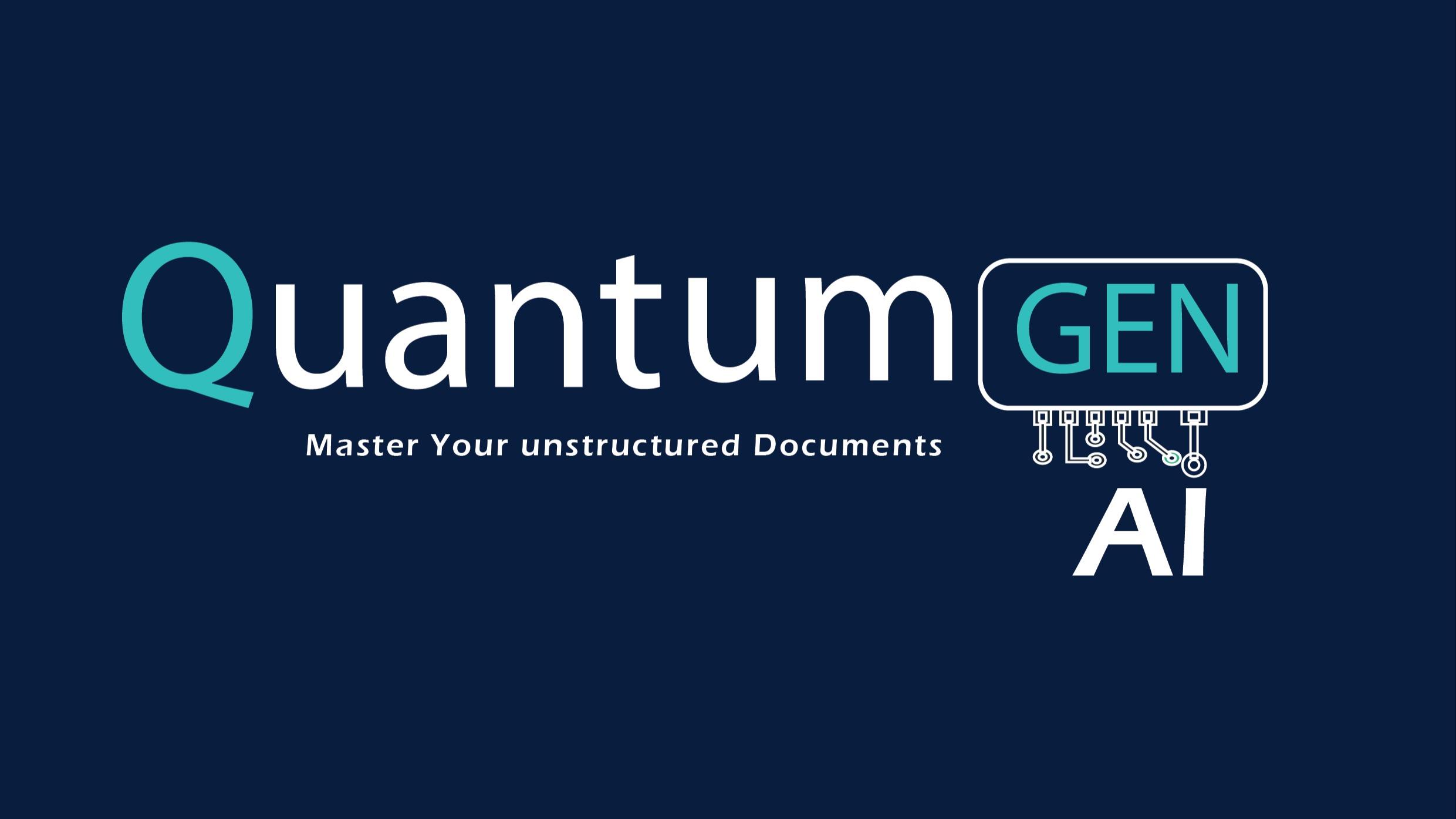Top Builders
Explore the top contributors showcasing the highest number of app submissions within our community.
LLaMA (Large Language Model Meta AI)
LLaMA is a state-of-the-art foundational large language model designed to help researchers advance their work in the subfield of AI. It is available in multiple sizes (7B, 13B, 33B, and 65B parameters) and aims to democratize access to large language models by requiring less computing power and resources for training and deployment. LLaMA is developed by the FAIR team of Meta AI and has been trained on a large set of unlabeled data, making it ideal for fine-tuning for a variety of tasks.
| General | |
|---|---|
| Release date | 2023 |
| Author | Meta AI FAIR Team |
| Model sizes | 7B, 13B, 33B, 65B parameters |
| Model Architecture | Transformer |
| Training data source | CCNet, C4, GitHub, Wikipedia, Books, ArXiv, Stack Exchange |
| Supported languages | 20 languages with Latin and Cyrillic alphabets |
Start building with LLaMA
LLaMA provides an opportunity for researchers and developers to study large language models and explore their applications in various domains. To get started with LLaMA, you can access its code through the GitHub repository.
LLaMA Links
Important links about LLaMA in one place:
- LLaMA Research Paper - Read the research paper about LLaMA to learn more about the model and its development process.
- LLaMA GitHub Repository - Access the LLaMA model, code, and resources on GitHub.
Meta LLaMA AI technology Hackathon projects
Discover innovative solutions crafted with Meta LLaMA AI technology, developed by our community members during our engaging hackathons.





